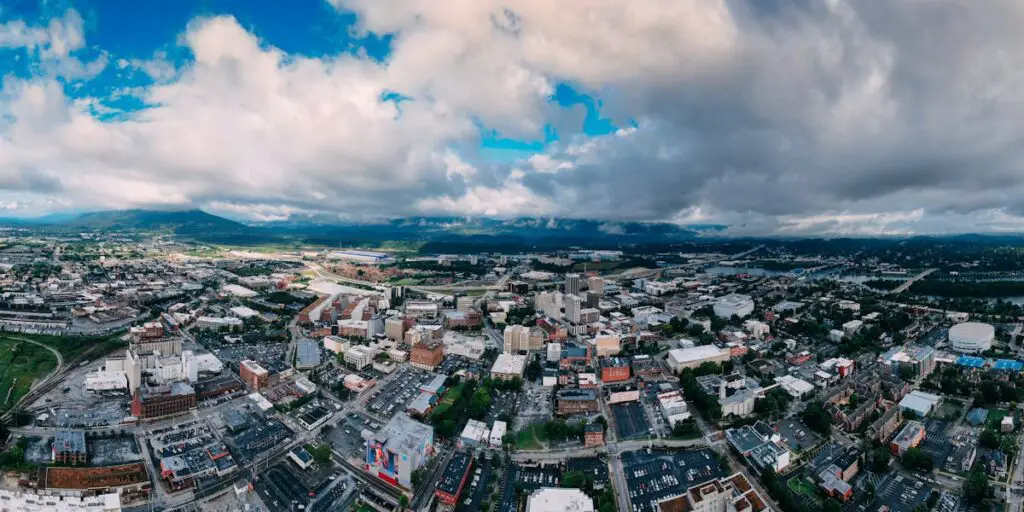What Do You Understand by ‘New Urban Sociology’? Who Were Its Pioneers?
What Do You Understand by ‘New Urban Sociology’? Who Were Its Pioneers? New Urban Sociology refers to a critical approach to studying urban spaces that emerged in the late 20th century. Unlike traditional urban sociology, which focused on spatial patterns and ecological models, new urban sociology examines the role of political economy, social inequality, and […]
What Do You Understand by ‘New Urban Sociology’? Who Were Its Pioneers? Read More »










